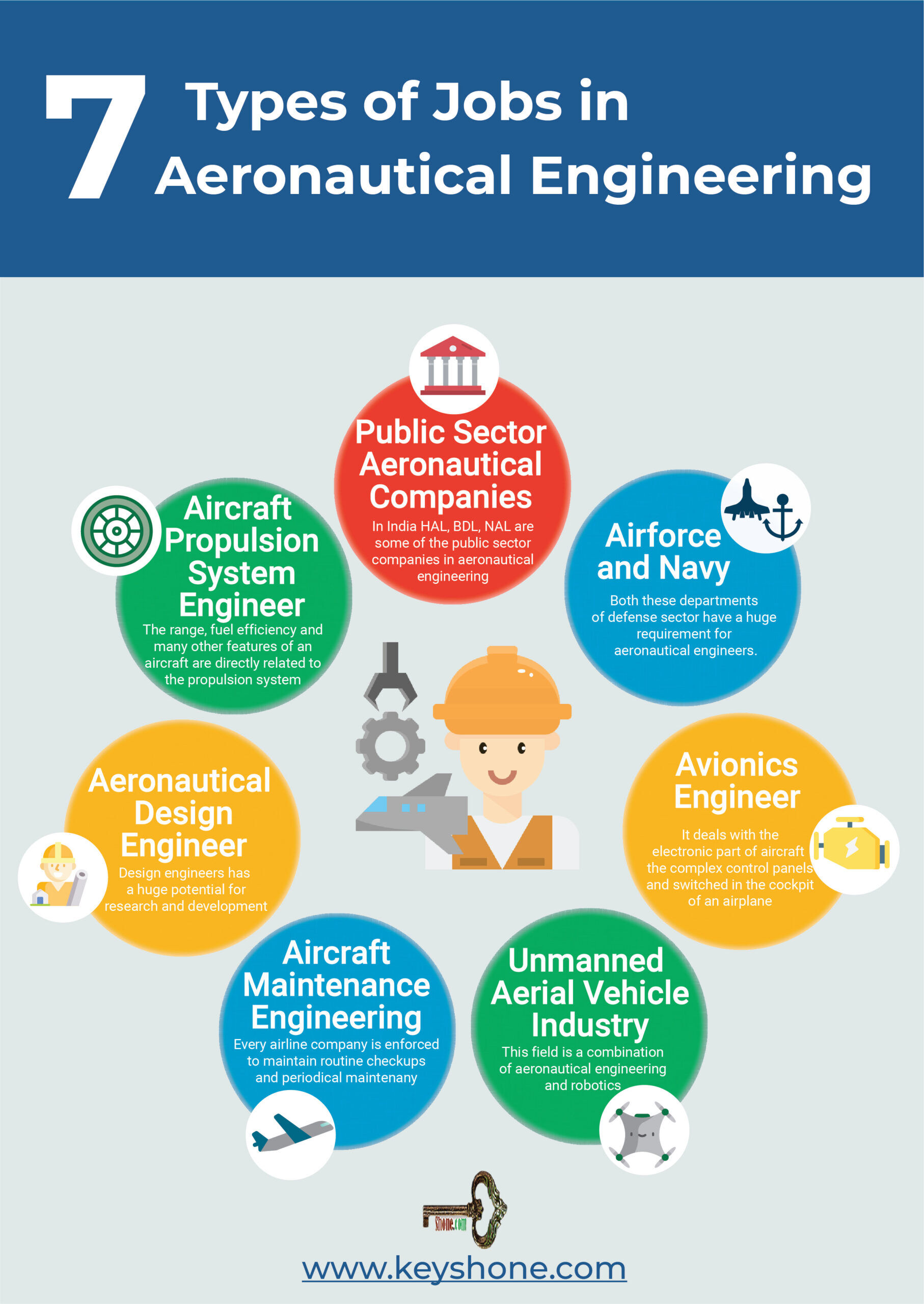Aeronautical Engineering Career Opportunities: Blast Off Your Future
Aeronautical engineering is a fascinating field that combines science‚ technology‚ and a passion for flight. If you’re drawn to the wonders of aerospace and dream of contributing to the future of aviation‚ a career in aeronautical engineering could be your perfect launchpad. This field offers a diverse range of exciting and challenging career opportunities‚ from designing cutting-edge aircraft to ensuring the safety and efficiency of air travel. Let’s explore some of the exciting paths you can take with an aeronautical engineering degree.
Diverse Career Paths in Aeronautical Engineering
Aeronautical engineers are involved in every stage of aircraft development‚ from initial design concepts to testing and maintenance. The specific roles are varied and depend on the engineer’s specialized skill set. Below are some common roles:
- Aircraft Designer: Conceptualizes and designs new aircraft‚ focusing on aerodynamics‚ structural integrity‚ and performance;
- Aerospace Engineer: Develops and tests aircraft and spacecraft‚ ensuring they meet safety and performance standards.
- Propulsion Engineer: Specializes in the design and development of aircraft engines and propulsion systems.
- Flight Test Engineer: Plans and conducts flight tests to evaluate aircraft performance and identify potential issues.
- Maintenance Engineer: Oversees the maintenance and repair of aircraft‚ ensuring their airworthiness.
Specific Roles and Responsibilities
Beyond the broad categories‚ aeronautical engineers often specialize in specific areas. These specializations often dictate the day-to-day responsibilities of the role. The table below highlights a few specializations:
| Specialization | Typical Responsibilities |
|---|---|
| Aerodynamics Engineer | Analyzing airflow around aircraft‚ optimizing wing design for lift and drag‚ and conducting wind tunnel testing. |
| Structural Engineer | Designing and analyzing aircraft structures to ensure they can withstand the stresses of flight‚ selecting appropriate materials‚ and conducting stress tests. |
| Avionics Engineer | Designing and developing aircraft electronic systems‚ including navigation‚ communication‚ and control systems‚ and integrating these systems into the aircraft. |
Educational Requirements and Skills
A solid foundation is essential for a successful career in aeronautical engineering. Consider these requirements for becoming an aeronautical engineer:
- Bachelor’s Degree: A bachelor’s degree in aeronautical or aerospace engineering is the standard entry-level requirement.
- Master’s Degree: A master’s degree can provide more specialized knowledge and enhance career prospects.
- Skills: Strong math and science skills‚ problem-solving abilities‚ and communication skills are essential. Also‚ proficiency in CAD software and other engineering tools is necessary.
Where Can Aeronautical Engineers Work?
Aeronautical engineers are employed by a variety of organizations. Below are the main employers in the industry:
Aeronautical engineers can find employment in a diverse range of sectors:
- Aerospace Companies: Boeing‚ Airbus‚ Lockheed Martin‚ and SpaceX are major employers.
- Government Agencies: NASA‚ the FAA‚ and the Department of Defense offer opportunities.
- Research Institutions: Universities and research labs conduct cutting-edge aerospace research.
- Airlines: Major airlines employ engineers for maintenance and operations.
FAQ: Aeronautical Engineering Careers
Here are some frequently asked questions about pursuing a career in aeronautical engineering:
- What is the average salary for an aeronautical engineer? The average salary varies depending on experience‚ location‚ and employer‚ but it is typically a well-compensated profession.
- What are the job prospects for aeronautical engineers? The job outlook for aeronautical engineers is generally positive‚ with projected growth in the coming years.
- What are the best skills to develop for a career in aeronautical engineering? Strong analytical‚ problem-solving‚ and communication skills are essential. Proficiency in relevant software and a deep understanding of aerospace principles are also crucial.
A career in aeronautical engineering offers a thrilling opportunity to contribute to the advancement of aviation and space exploration. With a strong foundation in science and engineering principles‚ and a passion for flight‚ you can carve out a rewarding and impactful career path. The field is constantly evolving‚ presenting continuous learning opportunities and chances to work on groundbreaking projects. From designing innovative aircraft to developing sustainable aviation technologies‚ aeronautical engineers are at the forefront of innovation. Consider exploring this dynamic field and contributing to the future of flight‚ as the possibilities are truly limitless.

